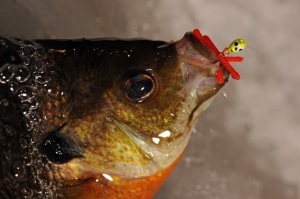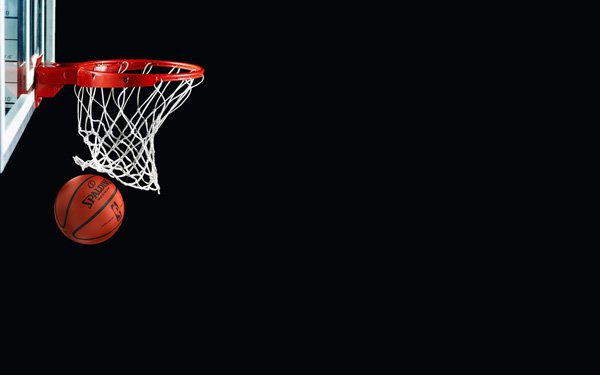clarification on your answer to IFR.
Question
Tom, I have a question about one of your answers to the Infield Fly Rule. The original question (Billie, 07/22/2012) was that their runner left 3B when the infield fly was dropped because the umpire never called IFR. You stated "If the IFR is not called right away and the situation calls for it, it is still in effect." I am not an umpire, just a coach/player. The IFR is somewhat subjective because the ball has to be able to be caught with ordinary effort, in the opinion of the umpire. If the IFR is subjective, and local league umpires can be all over the place with regard to subjectivity, it doesn't hardly seem fair to say that the coach or players should know the situation and make their own judgement about that call. What if Billie's runner on 3B had stayed there and the defense turned a double play after dropping the ball. If the umpire came back and said "no double play, IFR, batter out" then the defense would have a right to argue that no IFR had been called and the double play should stand. Since an IFR is not an appealable call, because it is a judgement call, then it should ONLY be enforced when verbally called by the umpire while the ball is in the air, otherwise it is a live ball. IMO.
Answer
An IFR call on the dropped ball would fix everything just fine. The defense would not have a plausible argument if the rule was correctly applied.
Unfortunately what you would do is contrary to what should be done.
You are right a verbal call when the ball is in the air helps a bunch. Sometimes it is forgotten and this is a fixable situation.
Tom
control of a caught ball
does a fielders foot count as part of a base?


